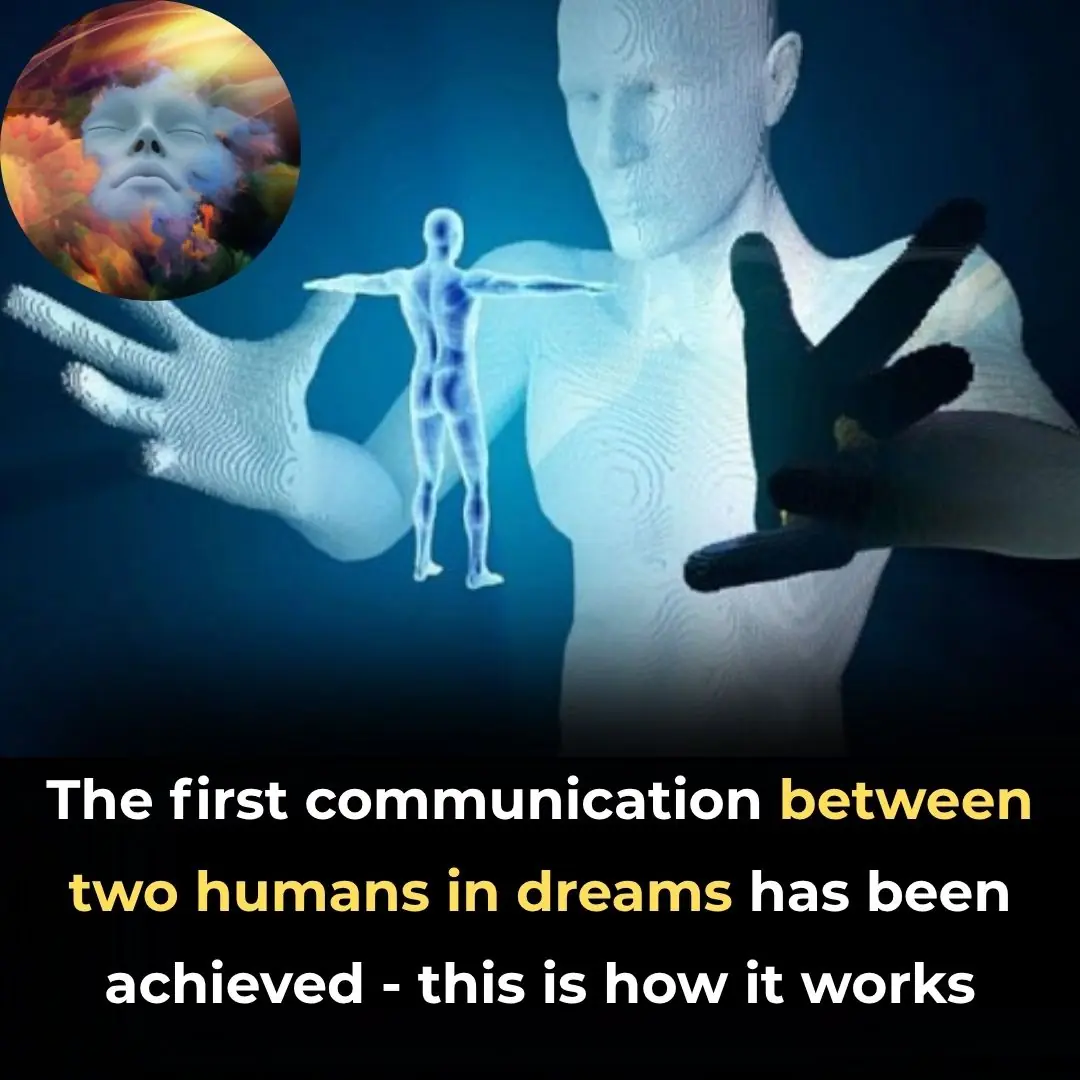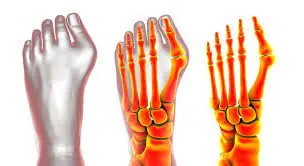How do you feel about AI potentially taking over your job? According to the World Economic Forum’s latest report, that’s exactly what’s on the horizon for many industries.
But before you panic, it’s worth noting that this shift isn’t just about job losses. It’s about transforming the way we work. This report suggests that while AI will automate some tasks, it will also enhance the roles we play at work, blending AI efficiency with human creativity. So, what’s your take? Are we heading towards a workplace revolution, or is it just another phase of technological change?
Key Statistics Paint a Transformative Picture
Key statistics from the latest World Economic Forum’s Future of Jobs Report 2025 report offer a clear vision of the impending shifts due to AI integration. Foremost, 41% of companies globally are preparing for workforce reductions as a direct response to advancing automation technologies. In contrast, an encouraging 77% of these businesses plan robust reskilling initiatives to adapt their current workforce to the new technological demands.
WEF surveyed over 1,000 major global employers across 22 industry clusters, representing over 14 million workers. Report findings show farmworkers will experience the largest job growth by absolute numbers, with 34 million additional jobs projected by 2030, adding to the current 200 million. The top five are delivery drivers, software developers, building construction workers, and shop salespersons. Employers anticipate a 39% change in required job market skills by 2030. Rising skills include AI and big data, networks and cybersecurity, technological literacy, creative thinking, resilience, flexibility, agility, curiosity, lifelong learning, leadership and social influence, talent management, analytical thinking, and environmental stewardship.
World Economic Forum Managing Director Saadia Zahidi observes, ‘’As we enter 2025, the landscape of work continues to evolve at a rapid pace. Transformational breakthroughs, particularly in generative artificial intelligence (GenAI), are reshaping industries and tasks across all sectors. These technological advances, however, are converging with a broader array of challenges, including economic volatility, geoeconomic realignments, environmental challenges and evolving societal expectations.’’
Comparing these figures with previous editions of the WEF’s Future of Jobs Report highlights a significant change in outlook. Earlier reports hinted at a more balanced view of job creation and loss due to technological advancements, but the current data suggests a more urgent need for adaptation strategies.
What Jobs Will AI Replace?
Experts believe several professions will be fully automated in the next decade. The following roles are particularly vulnerable.
- Driving
- Data Coordination
- Software Servicing
- Business Writing
- Inventory Management And Procurement
- Accounting
- Software Quality Testing
- Content Marketing
- Sales
- Hiring And Recruiting
- Grocery And Restaurant Work
- Executive Assistance
- Simple Customer Service
- Manufacturing
- Cyberattacks
Drivers of Labor-Market Transformation in 2025

The global labor market is experiencing unprecedented transformation driven by multiple interconnected forces.
- Technological Change: Broadening digital access tops the list, with 60% of employers expecting significant transformations in their operations. AI and information processing technologies are the most impactful, with 86% of employers anticipating major shifts. Robots, autonomous systems, which are significant for 58% of employers, and energy technologies, at 41%, also play crucial roles in shaping future landscapes.
- Economic Uncertainty: Rising living costs and inflation emerge as the second biggest driver, affecting 50% of employers. Slower economic growth also raises concerns for 42% of employers. Despite these challenges, global growth is projected to stabilize at 3.2% in 2025, albeit under continued inflation pressures.
- Green Transition: Nearly half (47%) of employers expect intensified efforts to reduce carbon emissions to transform their operations. Similarly, 41% foresee organizational changes driven by climate change adaptation efforts. While green jobs demonstrate resilience, a skills gap remains between the demand and the available workforce.
- Geoeconomic Fragmentation: Geopolitical tensions are identified by 34% of employers as key transformation drivers. Trade restrictions have substantially increased from 2020 to 2024, impacting sectors with global supply chains, notably Automotive and Mining.
- Demographic Shifts: Changes in population dynamics significantly affect labor markets, with 40% of employers citing transformations due to aging and declining working-age populations. Conversely, 25% of employers note impacts from growing working-age populations, with high-income economies more affected by workforce declines and lower-income economies benefiting from expansions.
Will AI Replace You at Work?

AI advancements challenge traditional job categories, particularly in roles characterized by repetitive tasks. Administrative assistants, data entry clerks, and customer service representatives face significant upheaval as software can automate their daily responsibilities.
Creative industries initially thought immune to technological disruption are now experiencing a similar invasion of AI tools. Writers, designers, and artists find AI encroaching on the creative process. However, this intersection of art and algorithm sparks a new genre of collaborative creativity, where technology is both a tool and a muse.
Experts emphasize the necessity for workforce adaptation in response to these changes. They advocate for a proactive approach to reskilling, stressing the importance of continual learning and flexibility in professional development. Leaders in business and education are called to redesign training programs to equip workers with a blend of technical and creative skills that AI alone cannot replicate. Through these efforts, the workforce can navigate the uncertain terrain ahead, harnessing AI as an ally rather than viewing it as an adversary.
Prof. Scott Latham who teaches a course called The Future of Work at University of Montana College of Business states, “If your job is data-heavy, numbers-heavy, AI is coming for you.”
“If you’re in a job that requires a high level of critical thinking, one that deals with complex human relations, AI will certainly be involved, but I think the human will be OK.”

































